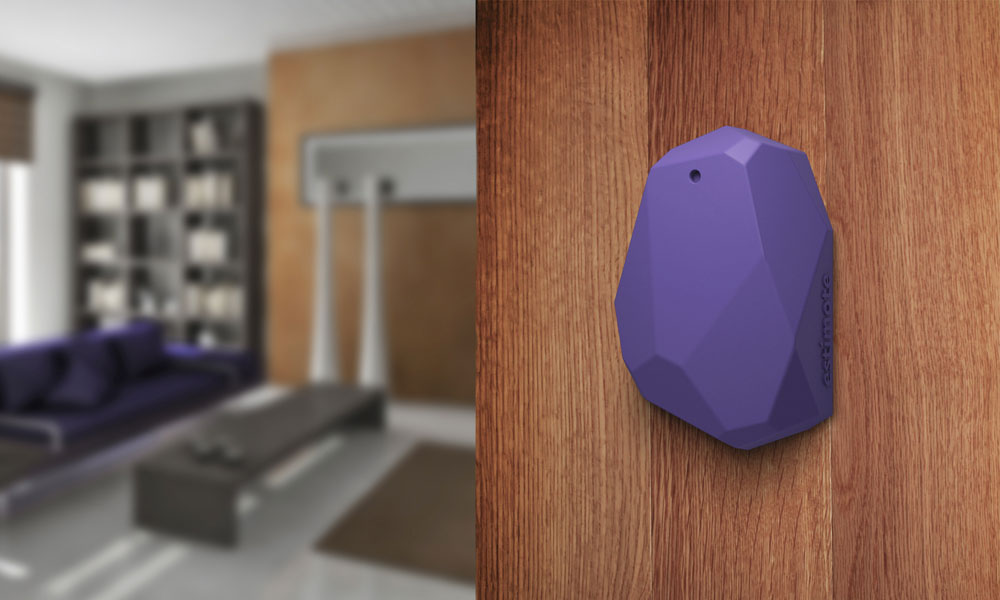
iBeacon’s Boost: Apple Launches New Location Technology Standards
The iPhone maker's Bluetooth-based technology is already making waves as a potential way to augment events, and the company's new specifications for iBeacon could help standardize the technology and boost its popularity.
There’s a good chance we’ve seen the future of conference technology, and it involves your mobile device.
A highly touted, location-based technology from Apple, the Bluetooth-based iBeacon, is at the forefront of the way that phones communicate with indoor spaces, and the tech giant this week announced a new effort to formalize the approach under its MFi developer program. Why this matters to you:
About the technology: The iBeacon technology relies on a series of responders from manufacturers such as Qualcomm and Estimote to push information to smartphones based on their indoor location. (The technology overcomes the problem faced by GPS, which only works in outdoor environments.) The iBeacon system, which Apple announced last year, relies on Bluetooth Low Energy (Bluetooth LE), a standard already common in most smartphones, to share data as necessary. It has the potential to allow for easy mobile payments, the distribution of coupons, or simply communicating important data to users as necessary.
The benefits: While older technologies such as QR codes and the phased-out Microsoft Tag technology have made it possible to augment real-world environments with mobile information, that technology requires direct user interaction—e.g., taking a photo. On the other hand, iBeacon and similar technologies allow information to be shared passively. All users have to do is download the relevant app ahead of time, and the app will communicate with the phone automatically based on its location. While not compatible with the earlier Bluetooth specification, Bluetooth LE has a number of benefits, specifically in terms of power usage.
Examples in action: One of the most notable uses of the technology so far has been by Major League Baseball, which will offer users information about games as they walk into a stadium—even going so far as to automatically pull up the ticket on your phone as you near the stadium. The sports league tested the technology at a New York Mets game last year and plans to expand to more than 20 teams by Opening Day. Retail outlets have also embraced the technology, most notably Macy’s, and the potential of the technology was put on display at the Consumer Electronics Show this year, where organizers created an “iBeacon Scavenger Hunt” to encourage attendees to check out under-the-radar aspects of the show.
Room for Android? While products under the “Made for iPhone” specification (which are included under the MFi developer program) traditionally have been designated for iOS products, early reports about the iBeacon spec suggest that there’s nothing limiting developers to working specifically with the iOS platform. In other words, the technology doesn’t appear to be Apple-only—which could be a huge cost-saver in implementing the technology. “It’s good news for retailers, who will be looking to minimize the installation costs of a beacon network,” SlashGear‘s Chris Davies explains, “who will be looking to minimize the installation costs of a beacon network, and some of whom had feared that a proprietary system from Apple could have ended up demanding at least two concurrent systems be fitted in order to cater to others.”
The program, which is currently free for hardware partners to join, requires developers to sign a non-disclosure agreement.
The Estimote sensor, which allows retail outlets to offer iBeacon-style offerings. (press photo)






Comments